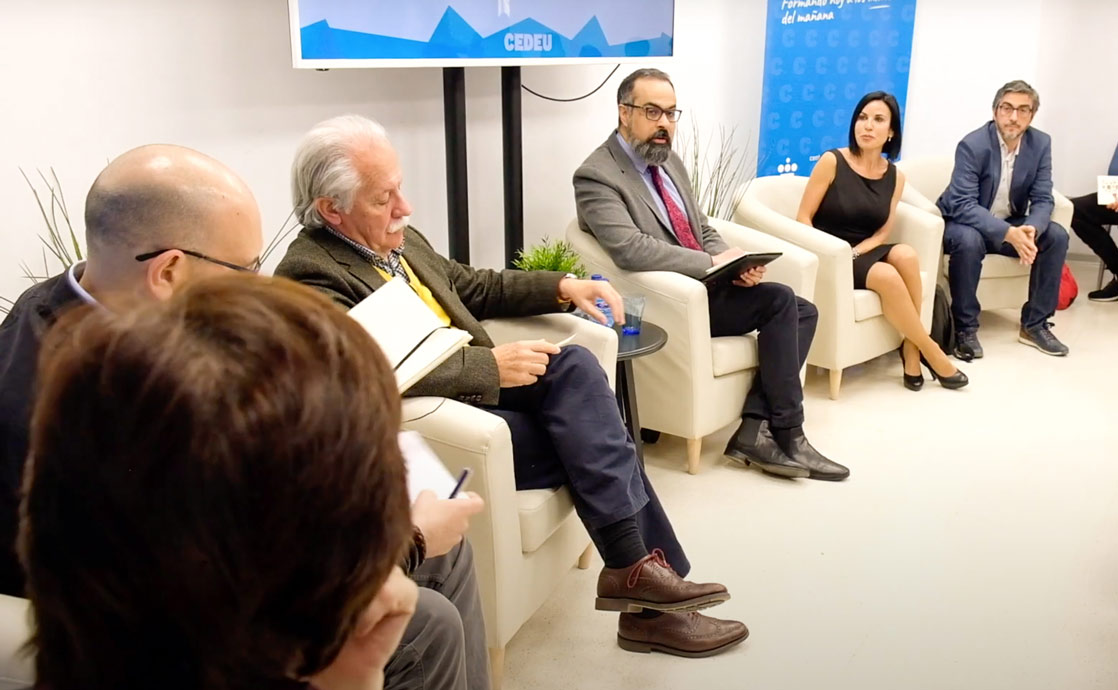In an era where the disruption of societal norms has become painfully evident, the intersection of journalism and Baha’i teachings emerges as a rich terrain for critical reflection. The global pandemic has not only unraveled the fragile threads of conventional reporting but also presented a compelling impetus to evaluate the very foundations upon which journalism stands. This analysis seeks to explore how Baha’i principles can instigate a transformative shift in journalistic practices, emphasizing the pursuit of truth, unity, and service to humanity amidst extraordinary circumstances.
The pandemic has laid bare the inadequacies in traditional media narratives, often characterized by sensationalism and polarizing discourse. As the Baha’i Faith accentuates the significance of truthfulness, journalists are called to embrace a commitment to accuracy, objectivity, and integrity. This commitment should not merely reside in the mere recounting of events but should extend toward a deeper understanding of the human experience, reflecting compassion and empathy. Through this lens, journalism can evolve from being a mere vehicle for information dissemination to serving as a powerful conduit for fostering social cohesion and understanding.
Furthermore, Baha’i teachings advocate for the oneness of humanity. This principle urges journalists to transcend parochial interests and to acknowledge the shared experiences that connect individuals across diverse backgrounds. The pandemic serves as a poignant reminder of our interdependence; it has indiscriminately affected individuals, communities, and nations alike. Consequently, reporting should pivot towards narratives that unify rather than divide. Journalists are challenged to amplify stories that illustrate resilience, solidarity, and innovative responses to crises, thereby fostering a collective consciousness that transcends geographical and cultural boundaries.
In addition, the Baha’i emphasis on consultation provides a framework for journalism that encourages collaborative decision-making and diverse perspectives. Traditionally, newsrooms have often marginalized voices from less dominant cultures or communities, yet the pandemic has underscored the necessity of inclusivity in storytelling. A commitment to consultation among various stakeholders, including marginalized populations, can enrich journalistic narratives, ensuring a multiplicity of voices are heard and represented. This shift would not only enhance the credibility of the media but also contribute to a more equitable social landscape by highlighting underrepresented communities’ experiences and insights.
The concept of service—a fundamental tenet of Baha’i teachings—should permeate the core of journalistic endeavors. Journalists are vehicular conduits of information, yet this role carries with it a profound responsibility to inform and educate. During times of crisis, the media should serve as a bastion of clarity, elucidating complex scientific data and public health recommendations in accessible language rather than succumbing to the sensationalist allure of fear-mongering. By prioritizing the well-being of the public, journalists can reaffirm their position as custodians of truth and guardians of societal welfare.
Furthermore, the pandemic has catalyzed an imperative to innovate within journalism. Traditional formats are rapidly being supplanted by dynamic digital platforms, where audiences demand immediacy and interactivity. Baha’i teachings, which advocate for the continuous search for truth and knowledge, inspire journalists to explore novel methodologies of engagement. Interactive storytelling, participatory journalism, and multimedia narratives can invite audiences into a dialogue, fostering a more engaged and informed public. This pivot from passive consumption of news to participatory involvement signals a significant shift in the relationship between journalism and its audience.
As we navigate the complexities of a post-pandemic world, the media must also embrace ethical responsibility and accountability. The proliferation of misinformation and disinformation has reached alarming heights, particularly within social media landscapes. In alignment with Baha’i principles, journalists must embody a rigorous ethical framework, placing a premium on fact-checking and transparency. Upholding journalistic standards in the face of rapid news cycles is a formidable challenge; however, it is essential to nurtuting a well-informed populace and fortifying the trust between the media and the public.
Moreover, the process of critical reflection necessitates a sustained engagement with our own biases. Journalists, as individuals, are not exempt from the influence of cultural and societal conditioning. Baha’i teachings call for introspection and the rectification of prejudices, thus equipping journalists with the tools needed to acknowledge their own vantage points. Such introspection is vital in fostering rich, balanced narratives that reflect a pluralistic society. By confronting and mitigating biases, journalists can produce content that resonates with empathy and fosters deeper connections among disparate groups.
In summary, the pandemic presents a compelling opportunity for journalism to undergo a renaissance of sorts through the incorporation of Baha’i teachings. By embracing truthfulness, advocating unity, fostering inclusion, prioritizing service, innovating responsibly, and committing to ethical accountability, journalism can re-establish itself as a noble endeavor—a guardian of truth, a facilitator of dialogue, and a unifier of humanity. As our world continues to grapple with uncertainty, the media stands at a pivotal crossroads. The path it chooses will ultimately determine its legacy, shaping the perceptions and beliefs of generations to come. This critical reflection invites journalists—and indeed all of society—to not merely resume old practices anew but to be agents of transformation, boldly stepping forward into a renewed era of responsible and compassionate storytelling.
